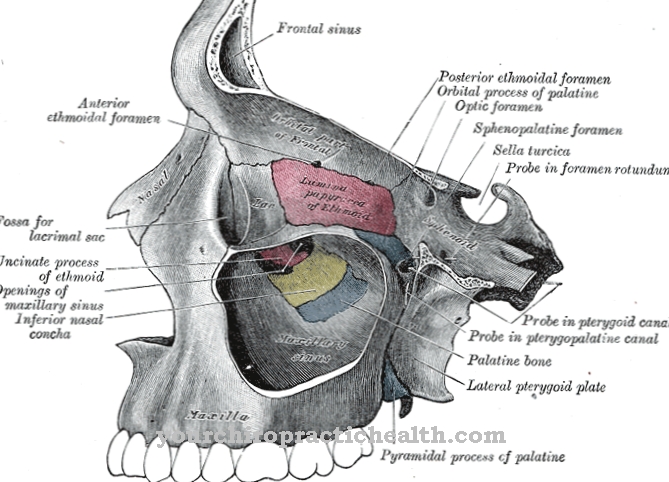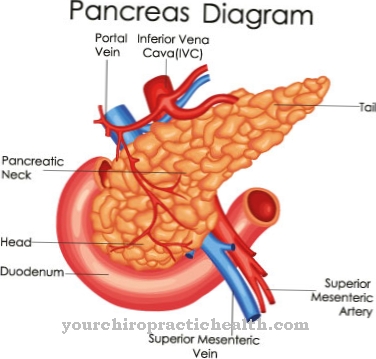A Organ transplant is a transplantation of an organ into a foreign organism. This complicated procedure takes place when one's own organs fail due to illness or an accident. The greatest danger after the transplant is a possible rejection of the foreign tissue, which under certain circumstances can lead to the transplant having to be removed again.
What is Organ Transplant?

Under one Organ transplant Doctors understand the operative transplantation of a healthy organ into an organism in which the respective organ is terminally ill or irreparably damaged by an injury.
Kidneys, liver, lungs and hearts are transplanted particularly frequently, as the patient's life is acutely endangered if one of these vital organs fails. In order to receive an organ transplant, certain requirements must be met. In addition, compatibility of the respective donor is necessary so that the organ is not rejected immediately after the procedure and has to be removed again.
For this reason, relatives of the patient are used as donors whenever possible. Otherwise, donor organs are often removed from compatible deceased, from whom or from their relatives a corresponding declaration of consent is available.
Function, effect & goals
A Organ transplant comes into question if a patient has an irreparable disease or an injury to a vital organ.
If the patient's life is at risk and there is no prospect of improvement or cure, the person concerned is placed on a waiting list for a donor organ. The more hopeless and time-critical the patient's situation, the higher he is placed on the waiting list. A so-called living donation is possible under certain circumstances. This is the case when it comes to organs or parts of organs that the donor can give up while still alive without suffering any major damage to health. For example, kidneys or parts of the liver are often donated this way.
Other organs, such as the heart, that cannot be removed from a living person are donated by the recently deceased. They have agreed in advance by means of an organ donation card or another declaration of consent that organs may be used after their death, provided that they are suitable for a patient in need. If all the requirements are met and the donor and recipient are compatible (this is found out by blood and tissue tests), the organ is removed from the deceased and transplanted into the patient's body as soon as possible.
After the intervention has been carried out, it must be ensured that the organism accepts the foreign organ and accepts it like its own. Continuous medical monitoring is necessary during this critical phase. The goal of an organ transplant is to restore the patient's health so that they can lead a largely normal life.
The organs that can be transplanted nowadays include the common kidneys, livers and hearts as well as parts of the small intestine or pancreas. Tissue can also be transplanted, for example bone marrow cells or the cornea.
Risks & dangers
The greatest risk with one Organ transplant is a possible repulsion of the foreign organ. Basically, the body reacts every time to the transplant of an organ that is foreign to it.
The reason for this lies in the different surface structure of the tissue cells, which are perceived by the organism as foreign bodies. As a consequence, he tries to reject the unknown organ. In the worst case, these natural reactions can lead to the death of the donor organ so that it ceases to function and has to be removed again. This process can take place immediately after the operation, either acutely or chronically.
To avoid this, the patient is given medication to inhibit the rejection reaction. At the same time, however, these also weaken the immune system, which leads to an increased susceptibility to infections. The patient must be closely monitored during this time in order to be able to identify any reactions as quickly as possible.
How strong the rejection reactions turn out to be depends on the individual organism. In general, lung, liver and heart transplants are statistically at higher risk of rejection than other organs and tissues.











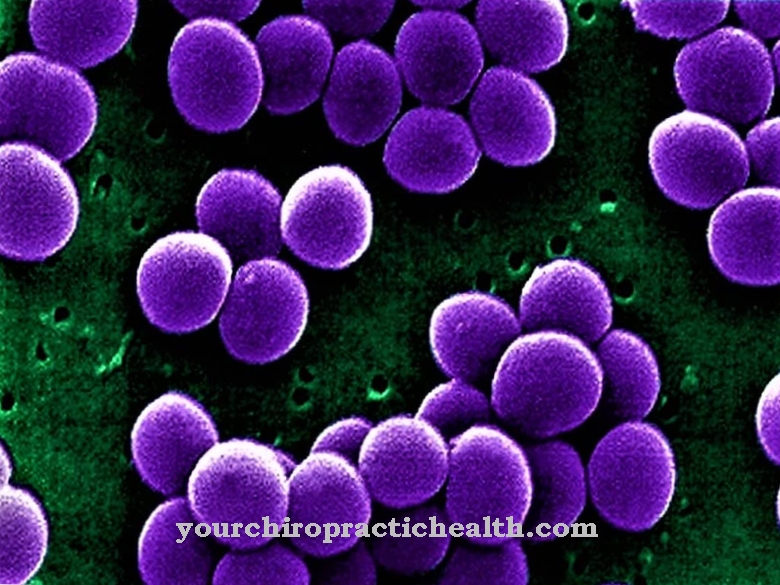

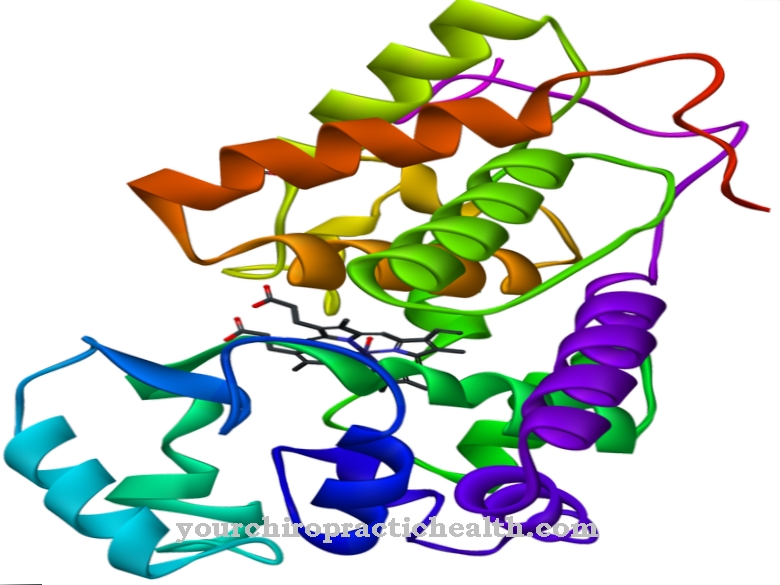

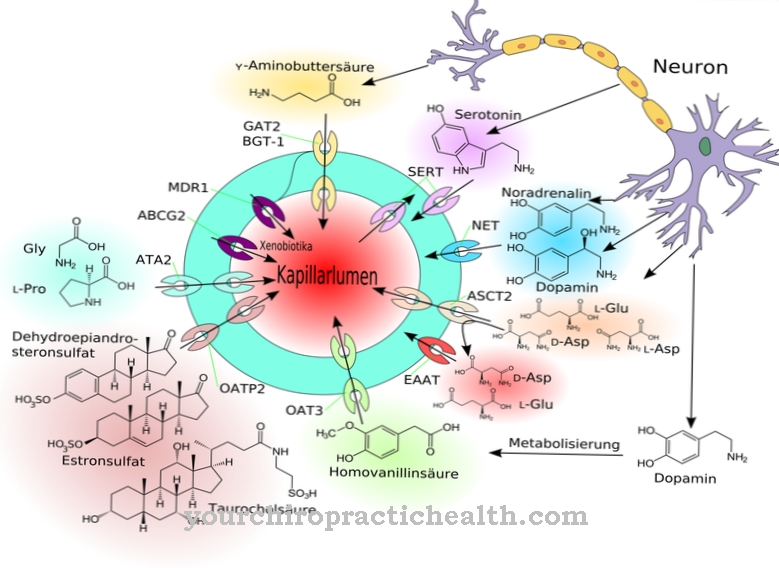
.jpg)
.jpg)



.jpg)
